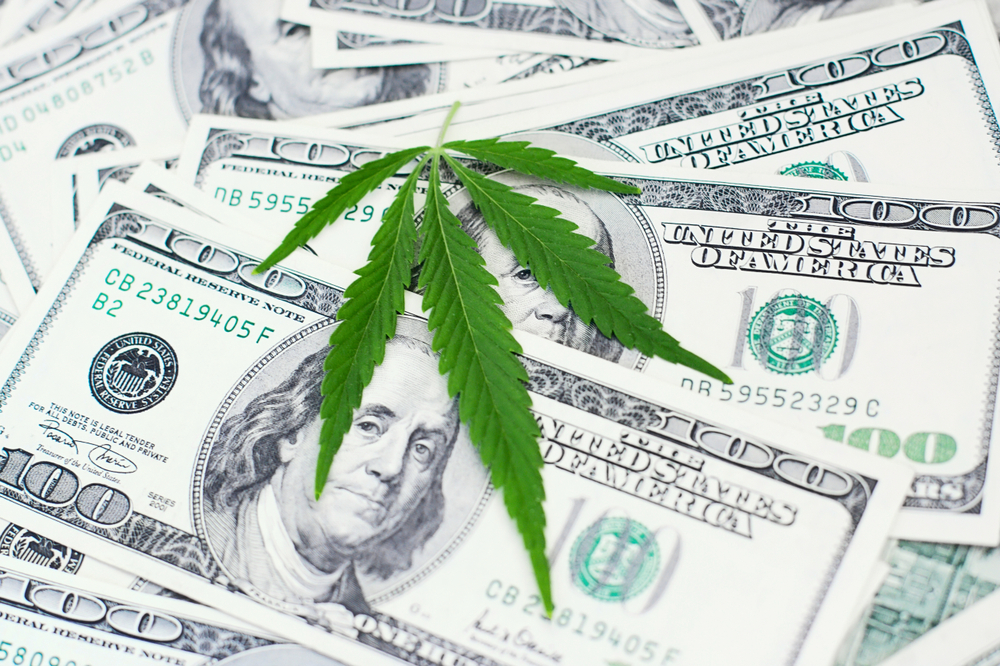The House Subcommittee on Consumer Protection and Financial Institutions held a hearing last week on issues related to providing access to banking services for cannabis-related businesses.

The hearing – titled Challenges and Solutions: Access to Banking Services for Cannabis-Related Businesses – featured a broad discussion of the Secure and Fair Enforcement (SAFE) Banking Act of 2019, which would provide protections from federal banking regulators for legitimate marijuana-related businesses. Specifically, it would make banks and their employees exempt from federal prosecution or investigation solely for providing banking services to a state-authorized cannabis-related business.
Currently, 30 U.S. states have laws on the books legalizing cannabis in some form. But it is considered illegal by federal laws.
“Today, we’re discussing an issue that, we can all agree, must be addressed. As changing state laws spur the formation of thousands of cannabis-related businesses across the country, I’ve heard from many banks and credit unions who are facing the decision of whether they can or cannot get involved with these businesses…The bottom line is the law, not personal preferences, must dictate the accessibility of financial services, and as long as marijuana is illegal at the federal level attempts by this committee to legalize the banking of it will create more confusion than clarity,” Rep. Blaine Luetkemeyer (R-MO), the subcommittee’s ranking member, said in his opening remarks.
Among those questioned by lawmakers at the hearing was Rachel Pross, testifying on behalf of the Credit Union National Association (CUNA) and Gregory Deckard, testifying on behalf of the Independent Community Bankers of America (ICBA). They were asked about reputational, regulatory, and compliance risks faced by financial institutions involved in the banking in the cannabis industry.
“So, there’s a lot to be resolved. A lot of questions, including the reputational risk question, which in most communities it would come down to a different understanding, just based off of where they are. The 33 states, the difficulties of each individual states’ version of regulation. Much less, the 17 states that have no form of this. Do you see this as a major challenge for us legislating in this area? I think so,” Rep. Patrick McHenry (R-NC) said.
ICBA’s Deckard responded in support of a safe harbor from federal sanctions for financial institutions that serve cannabis-related businesses in states where cannabis is legal.
“The current conflict between state and federal law has created a cloud of legal uncertainty for community banks, inhibited access to the banking system for cannabis-related businesses and created a serious public safety concern,” said Deckard, who is also the chairman, president and CEO of State Bank Northwest in Spokane, Wash. “ICBA urges this committee to consider legislation that would create a federal safe harbor for banks that offer services to cannabis-related businesses that comply with state law.”
The SAFE Banking Act — sponsored by Reps. Ed Perlmutter (D-CO), Denny Heck (D-WA.), Steve Stivers (R-OH), and Warren Davidson (R-OH) — would only apply solely to states that have legalized cannabis for medical or recreational use. In these states, federal banking regulators may not threaten or limit a bank’s deposit insurance, downgrade a loan, prohibit or discourage the provision of banking services, or take any other prejudicial action solely because it serves a cannabis-related business, the bill stated.